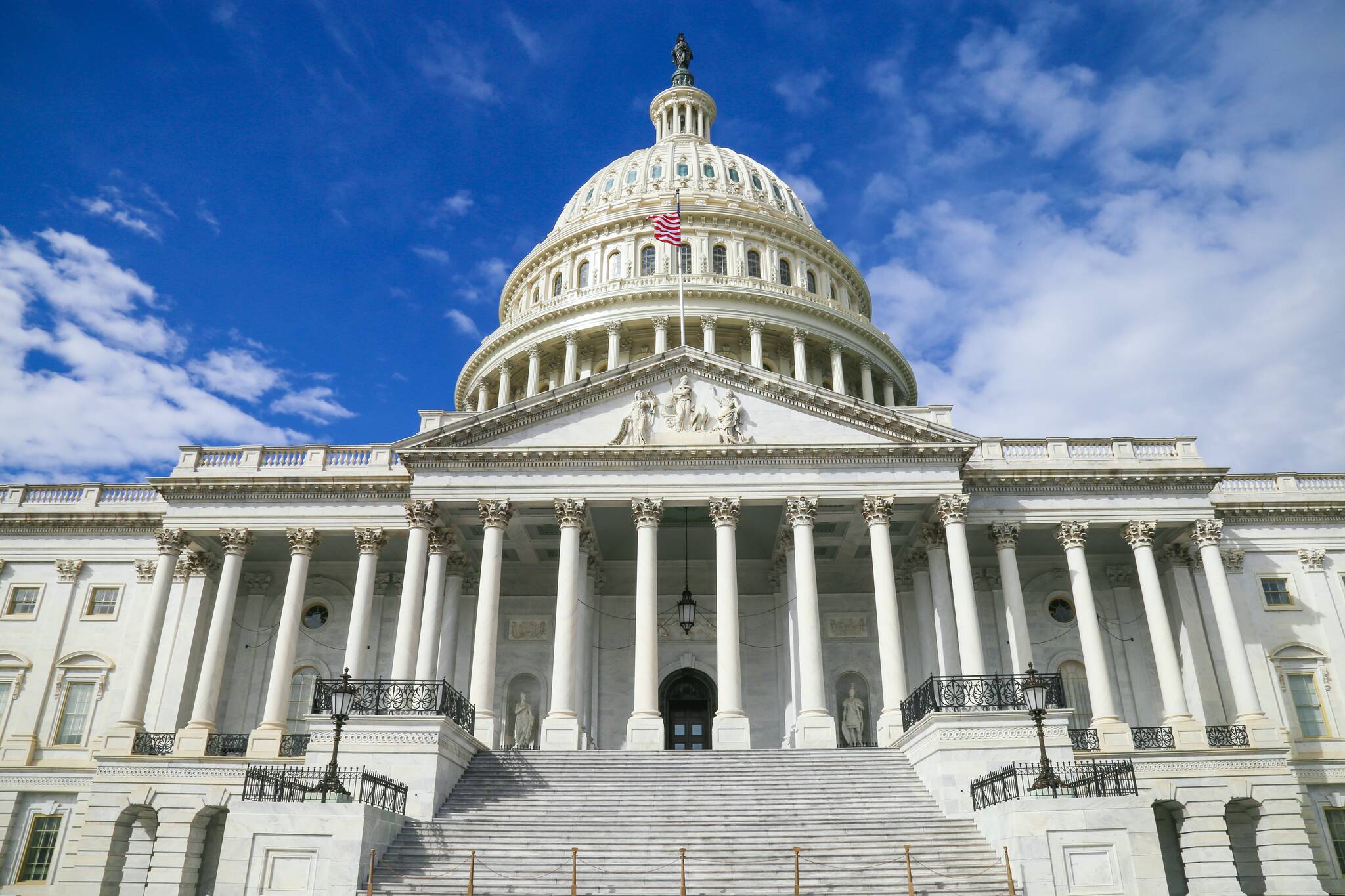By McHugh Pierre, Jodi Mitchell, Chris Cropley, Duff Mitchell and Matt Jackson
We represent diverse groups: environmentalists, tribes, broadband architects, hydropower developers, utility leaders, CEOs and climate change policy wonks. But what brings us together is a desire for future generations of Southeast Alaskans to continue enjoying a prosperous future in a rapidly changing world.
To get there we’ll have to work together — tribes, nonprofits, businesses, and governments — to build climate solutions, create jobs, and connect our rural communities more closely than ever before. The scale of the transition, the challenges, and the opportunities ahead are just too big to go at it alone. We’re already stepping up and doing the work, but we can only go so far without the resources to finish the job. Southeast Alaska needs a generational investment commensurate with the changes we’re experiencing.
The bipartisan Infrastructure Investment and Jobs Act is an essential down payment on this opportunity. In addition to critical national investments that will also benefit Alaska, it includes many programs that will be felt strongly right here in Southeast Alaska.
The bill contains millions of dollars in various programs for harbors and ferries, the lifeblood of our blue economy, including at least one low-emission ferry pilot program in Alaska. These investments will help stabilize the Alaska Marine Highway System while also preparing our marine sectors for the transition to clean energy systems of the future, like Goldbelt’s electric ferry developments.
It also helps bring affordable broadband to all Alaskans, with billions set aside nationally and billions more earmarked for tribes. Central Council Tlingit and Haida uses these programs to connect rural Southeast Alaskans to the 21st-century economy on their own terms, providing opportunities for cultural educators to reach new audiences, reducing costs and emissions from travel, and improving services in rural communities.
The bipartisan bill also includes millions for grid improvements and security, including to rural communities. The investments will improve the quality and security of our existing grids, expanding them where needed, while pushing the boundaries of renewable energy research and development in Alaska. Altogether, the bipartisan infrastructure bill is an important first step towards tackling Southeast Alaska’s greatest challenges. We are thankful to our congressional delegation, especially Sen. Lisa Murkowski, for negotiating these crucial wins. But it is not a silver bullet, and it leaves some programs lacking.
Broadband, for example, is not fully funded to reach 100% affordable coverage nationally in the bipartisan bill, which means Alaskans will lose out on internet access. Likewise, there is insufficient funding to build the renewable energy production necessary to move past diesel generation and power the EV chargers, heat-pumps, broadband networks, cruise ship docks, and electric ferries of Southeast’s future.
Luckily, there is a companion bill in Congress right now, the 2022 Budget Resolution, that provides an opportunity for our congressional delegation to ensure Alaska gets what it needs.
The budget resolution, as now outlined, would incentivize the clean energy that already powers most of Southeast, and once expanded will continue to power our region’s growing economy. It could support essential rural, fish-friendly hydropower projects like Inside Passage Electric Cooperative’s Thayer Lake and Water Supply Creek run-of-river hydroelectric projects, as well as power Juneau’s continued beneficial electrification through projects like Juneau Hydropower’s Sweetheart Lake. It could close the broadband gap, provide the workforce development Alaskans need for the jobs of the future, and enact the largest infrastructure investment for tribes in history.
The changes and challenges our region is already experiencing, changes to our climate, to our economy, to our workforce, are as massive as Southeast itself. We’re ready, excited even, to tackle these challenges head-on, but we need federal investments to be up to the scale of Alaska’s needs.
• McHugh Pierre is the CEO of Goldbelt Inc. Jodi Mitchell is the CEO of Inside Passage Electric Cooperative. Chris Cropley is the broadband network architect for Central Council Tlingit and Haida. Duff Mitchell is the managing director for Juneau Hydropower Inc. Matt Jackson is the climate organizer for Southeast Alaska Conservation Council. United by a shared vision for a more prosperous and sustainable future, they were panelists at the recent Infrastructure for our Future town hall, hosted by Juneau Economic Development Council and moderated by Jackson.

